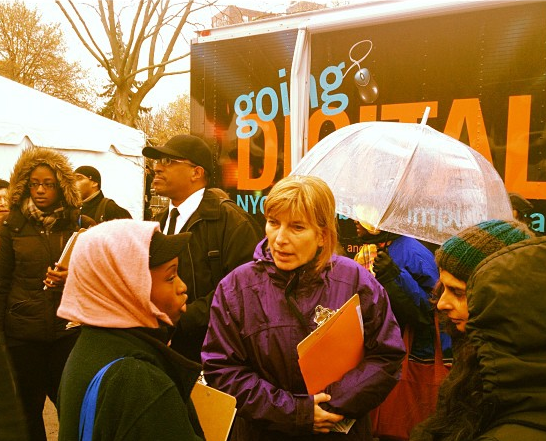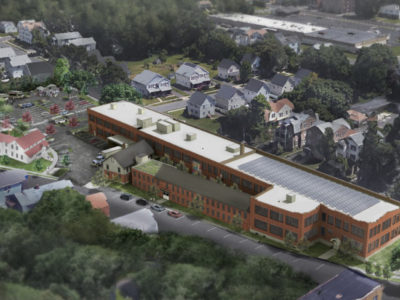
It has been three weeks now since hurricane Sandy barreled into the Atlantic coast, and though most of the TV cameras have long left, the volunteers and community organizations that mobilized immediately after are still here – serving hot meals, distributing supplies, and cleaning out the flooded basements of complete strangers. Like after most natural disasters, it’s a remarkable display of human solidarity and empathy for the estimated 40,000 left homeless, many of whom are still camping out in hotels, in shelters or with friends.
The question is: Why don’t we bring that same urgency to the way we respond to the nearly 50,000 New Yorkers (not to mention untold others across the U.S.) who before the hurricane were crowding the municipal shelter system each night? We would never say “tough luck” to the family on Staten Island whose house was irreparably damaged by the storm. Yet aren’t we saying just that to those left homeless by less public disasters when we offer shelters – not stable homes – and stop short of real solutions?
You might say that natural disasters are different because they’re outside of anyone’s control. But people often lose their homes a result of other overwhelming catastrophes – sudden unemployment, health problems, family breakdowns, or difficult transitions from foster care or from the military. These events are experienced much like small, hyper-localized hurricanes that can turn a life upside down. Once a home is lost, getting back on track is exceedingly difficult, especially in places like New York City with its low vacancy rates and high rents. And there are grave consequences for communities, not just the homeless, when the problem remains unsolved. Studies have shown that we spend far more public dollars on shelters, hospitals and other institutions providing short-term aid to the homeless than would be required to help end homelessness in the first place.
But what exactly would ending homelessness look like? Enter Ashoka Fellow Rosanne Haggerty, who has spent her career addressing this very question. Rosanne is the founder and director of Community Solutions, a NY-based not-for-profit that works nationally to end homelessness by strengthening communities. She is proving that it’s well within the means of communities to reduce homelessness dramatically – but it requires the kind of focus and cooperative energy that natural disasters (usually) bring.


